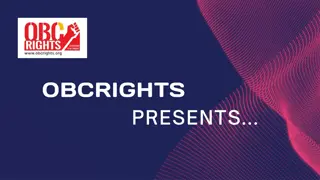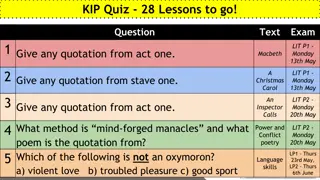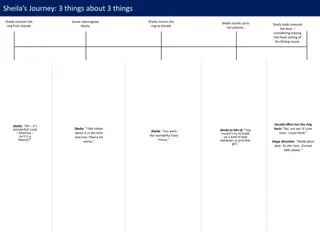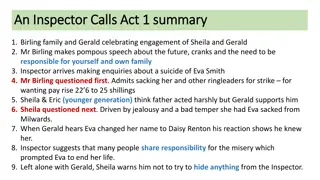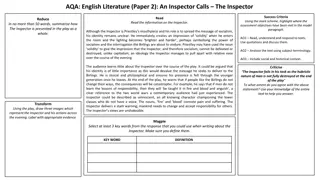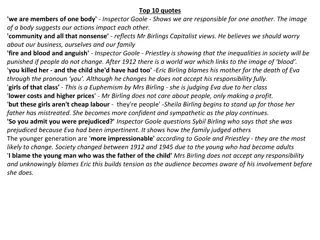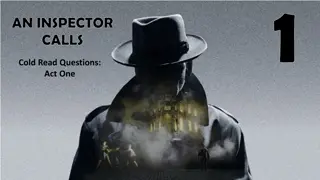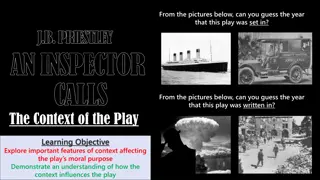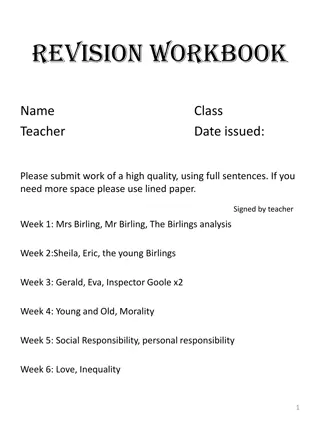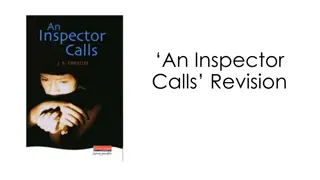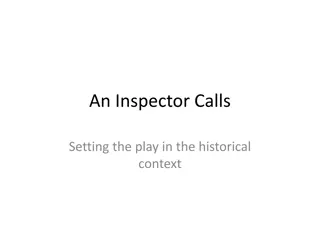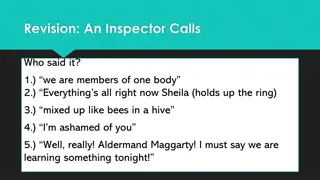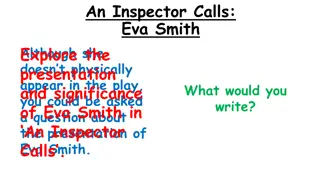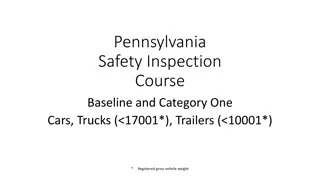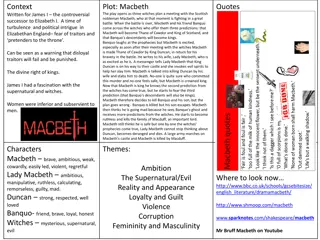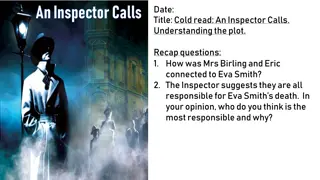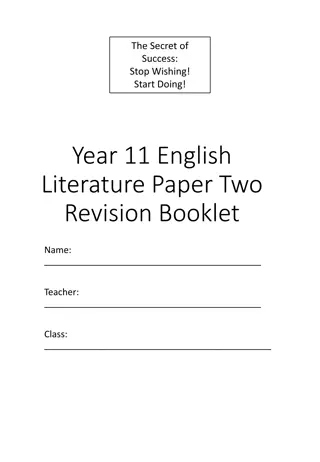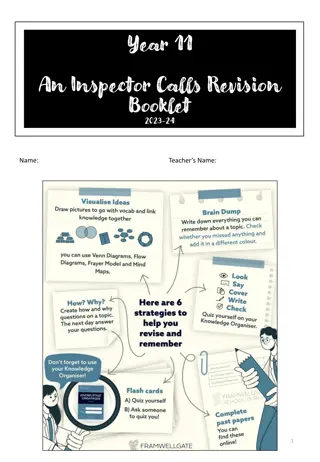
Understanding Responsibility in "An Inspector Calls
Explore the theme of responsibility in J.B. Priestley's play, "An Inspector Calls." Delve into the contrasting views of Arthur Birling and the Inspector on individual and collective responsibility. Analyze the Inspector's methods to make the characters accept their accountability for their actions.
Download Presentation

Please find below an Image/Link to download the presentation.
The content on the website is provided AS IS for your information and personal use only. It may not be sold, licensed, or shared on other websites without obtaining consent from the author. If you encounter any issues during the download, it is possible that the publisher has removed the file from their server.
You are allowed to download the files provided on this website for personal or commercial use, subject to the condition that they are used lawfully. All files are the property of their respective owners.
The content on the website is provided AS IS for your information and personal use only. It may not be sold, licensed, or shared on other websites without obtaining consent from the author.
E N D
Presentation Transcript
Date: Responsibility L/O: To understand the role of responsibility in the play
Responsibility... In An Inspector Calls, the central theme is responsibility. Priestley is interested in our personal responsibility for our own actions and our collective responsibility to society. The play explores the effect of class, age and sex on people's attitudes to responsibility, and shows how prejudice can prevent people from acting responsibly.
Birling's view of responsibility... Arthur Birling gives Eric and Gerald the benefit of his philosophy on life over after-dinner drinks. I don t want to lecture you two young fellows again. But what so many of you don t seem to understand now, when things are so much easier, is that a man has to make his own way - has to look after himself - and his family too, of course, when he has one - and so long as he does that he won t come to much harm. But the way some of these cranks talk and write now, you d think everybody has to look after everybody else, as if we were all mixed up together like bees in a hive - community and all that nonsense. But take my word for it, you youngsters - and I ve learnt in the good hard school of experience that a man has to mind his own business and look after himself and his own. 1) speech. 2) Highlight what you think the key phrases are in this Summarise Mr Birling s beliefs about responsibility in
The Inspector's view of responsibility This quotation is the Inspector's final speech to the family immediately before he leaves. But just remember this. One Eva Smith has gone - but there are millions and millions and millions of Eva Smiths and John Smiths still left with us, with their lives, their hopes and fears, their suffering and chance of happiness, all intertwined with our lives, with what we think and say and do. We don t live alone. We are members of one body. We are responsible for each other. I tell you that the time will soon come when, if men will not learn that lesson, then they will be taught it in fire and blood and anguish. Answer the questions below in complete sentences: 1. How would you describe the style of language in this speech? 2. What do you think the Inspector is referring to when he speaks of the fire and blood and anguish that may occur in the future? 3. What is Priestley using the character of the Inspector for at this point in the play? 4. What is Priestley s main message to the audience in this speech? 5. Why do you think Priestley included this speech in the play?
Realising responsibility... What methods does The Inspector to try to make the Birling family (and Gerald) accept responsibility for their actions? Discuss in pairs.
The Inspector's Methods... Uses shock tactics, particularly in graphic language o burnt her insides out o if men will not learn that lesson they will be taught it in fire and blood and anguish Priestley believed the upper classes were responsible for the millions of casualties in WWI Interested in the MORAL not the LEGAL side of right and wrong. He never mentions the law. Authoritative interrupts cuts through massively Secretive shows the photo to one person at a time Succinct uses few words allows the character to tell their own story by using prompts Omniscient he seems to know everything Catalyst he drives the investigation in the direction he wants - Socialism o everyone should be helping each other
Who accepts responsibility? Which characters accept responsibility for their part in Eva/Daisy's death? Which characters don't? Why do you think some characters are prepared to take responsibility whilst others don't? What was Priestley trying to teach us?
Revising Responsibility... 3 of responsibility in the play Things you have learned about the theme 2 Two quotes you are going to learn for use in your exam. 1 One thing you would like to know more about (linked to the theme of responsibility).

